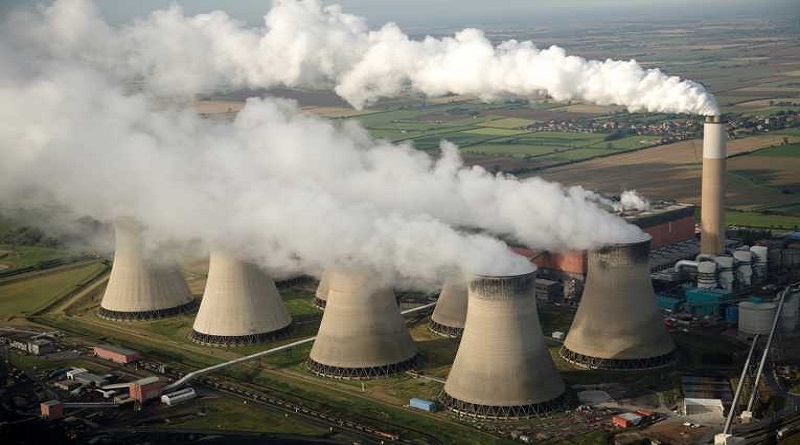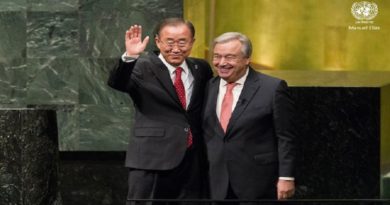G7 member states commit to phase out coal power before 2035
The G7 Climate, Energy and Environment Ministerial held in Turin, Italy released its final text on Tuesday with all seven member states committing to phase out domestic coal power generation before 2035 – marking an unprecedented commitment from the United States and Japan, the only outlying G7 countries not to have set a coal phase out date. Fossil gas, nuclear and biofuels featured heavily in the final communique, while restrictions to Russian fossil gas imports were also adopted.
While the G7 today reaffirmed its commitment to achieving the tripling of renewable energy and doubling of energy efficiency by 2030 agreed upon at COP28, the agreement to phase out coal power generation before 2035 does not align with the Paris Agreement target of limiting global warming to 1.5 degrees, with experts asserting that G7 and OECD countries must phase out coal across all sectors by 2030 and take urgent steps to phase out oil and fossil gas.
Andreas Sieber, 350.org Associate Director of Global Campaigns says: “The G7’s agreement to phase out domestic coal power in the first half of the 2030s is important yet insufficient progress, leaving room to push for the more urgent and complete phase out the climate crisis demands. To meet the Paris Agreement target, G7 countries must phase out coal well before 2030 and continue to push for the G7 to commit to phase out all fossil fuels including oil, gas, and reject the adoption of dangerous technologies like nuclear.
It is imperative that the world’s largest economies support the global renewable energy transition by providing finance at scale, particularly for the Global South, and urgently pull out of funding fossil fuels both at home and abroad.”
Masayoshi Iyoda, 350.org Japan Campaigner says: “Japan agreeing to a specific deadline to phase out domestic coal power generation is momentous and long overdue. As an historic outlier amongst G7 countries on making coal phase-out commitments, and with the highest share of power generated from coal amongst its G7 peers, this is a step forward. However, 2035 is too late to meet the 1.5 degree target set in the Paris Agreement.
Along with phasing out domestic coal power by 2030 at the latest, Japan must stop its financing of coal and fossil gas projects across Asia and the globe. While acknowledging this progress, we must not allow Japan to take this opportunity to go all-in on nuclear, fossil gas, or ammonia co-firing technology, which serve as dangerous distractions from the urgent need to transition to fair, safe, and affordable renewable energy. We must use this momentum to collectively push for a tighter deadline for a full, fast, and fair transition away from all fossil fuels.”
Jeff Ordower, 350.org North America Director says: “It is past time that the U.S. made concrete commitments to phase out coal power. While welcome this and all steps towards phasing out fossil fuels, such as the Environmental Protection Agency’s recent announcement to further limit coal-fired power plants’ CO2 emissions, we must not lose sight of what is really at stake.To keep global warming in line with what communities around the world need to survive, the U.S. must go much further and phase out all fossil fuels, including oil and gas.
The U.S. must not rely on unproven technologies like carbon capture, or dangerous, expensive and unequal ones like nuclear just so they can continue business as usual. Historically one of the world’s largest emitters, the U.S. continues to invest tens of billions on fossil fuel subsidies annually. At the last COP, the U.S. agreed to triple renewable energy by 2030 and to phase-out fossil fuels – but we are yet to see the concrete commitments that will make that happen.”
Nicolo Wojewoda, 350.org Europe Regional Director says: “European G7 countries must go beyond rehashing existing coal phase out commitments, and instead replace all fossil fuels in the power sector with renewable energy well before 2035. France, Germany, Italy and the UK have the resources to achieve that – they just need to stop putting public money into the problem, and redirect it towards the solutions. We know taxes on Europe’s most polluting companies and on the super rich could generate billions, and go a long way to support the energy revolution here in Europe and in the Global South”




